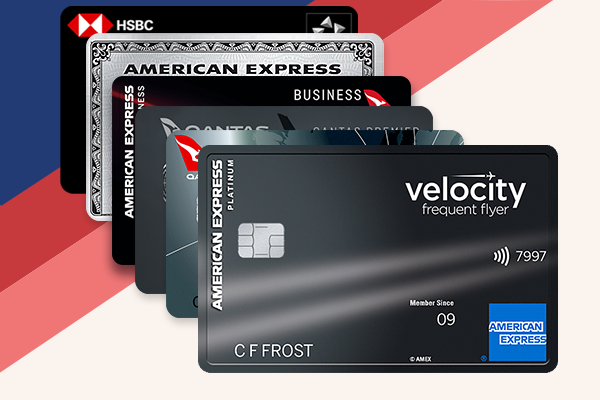In an emergency, any bit of runway that is long enough becomes viable (East Sale, Richmond, etc). Otherwise you'll need to be thinking in terms of Brisbane, Sydney, Adelaide. Perhaps Canberra, but all that hot air makes it a hard place to land.
JB, you can make an emergency landing in my street anytime you like. Just a few things you oughtta know first:
- I don't currently have an A380 airbridge. Still working on it...
- I will waive all landing fees (on behalf of the council).
- Customs and Immigration are taken care of, trust me. Say goodbye to all those pita ESTA problems...
- Remind me to hand you the council parking permit to put on your dash so that you won't get a parking fine slapped on the A380 windscreen.
- I am willing to grant you complimentary access to Gold Member's coveted First Class Arrivals and Departures Lounge - my lounge and beer fridge. The online community overwhelmingly agrees it betters the QF FCLs...
- Your experience in GMs FCL WILL involve Q&A time which would seem to repeat much of the content of this thread. But it will all sound new and wonderful to GM.
- We have just released our award winning Winter menu in the lounge. Be sure to check it out, and ask GM if there are any Chef's specials (last night's pizza).
- We do not offer massages or facials.
- We will not call your flight when ready to board.
- There's a 7-11 nearby so you should have no problem refuelling and stocking up on F&B for your onward flight. They accept all manner of credit cards. I can put it on my Amex and you can pay me back if that suits??
- You have been granted an instant upgrade to Diamond/God mode/Iridium Plus Elite at the GM residence. As a reminder, your benefits include club lounge access (breakfast from whenever I get up and can be bothered to put the kettle on, canapés and drinks whenever you like - help yourself to the fridges), free wifi (up to three devices only though), upgrade upon availability (from the couch to the spare room), and most importantly an inflated self ego to match your newly acquired status.
We look forward to welcoming you next time you choose an emergency landing in my street.















